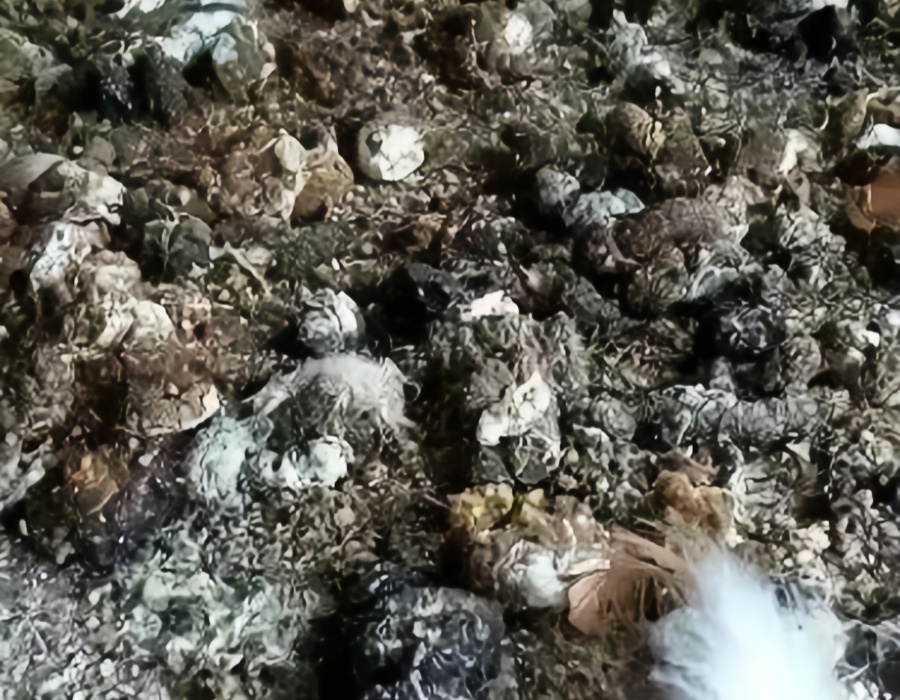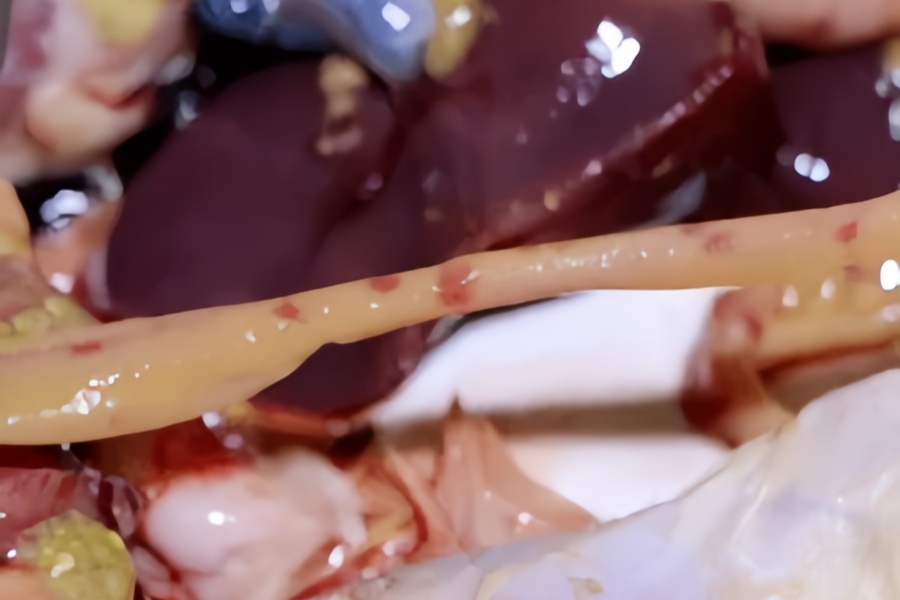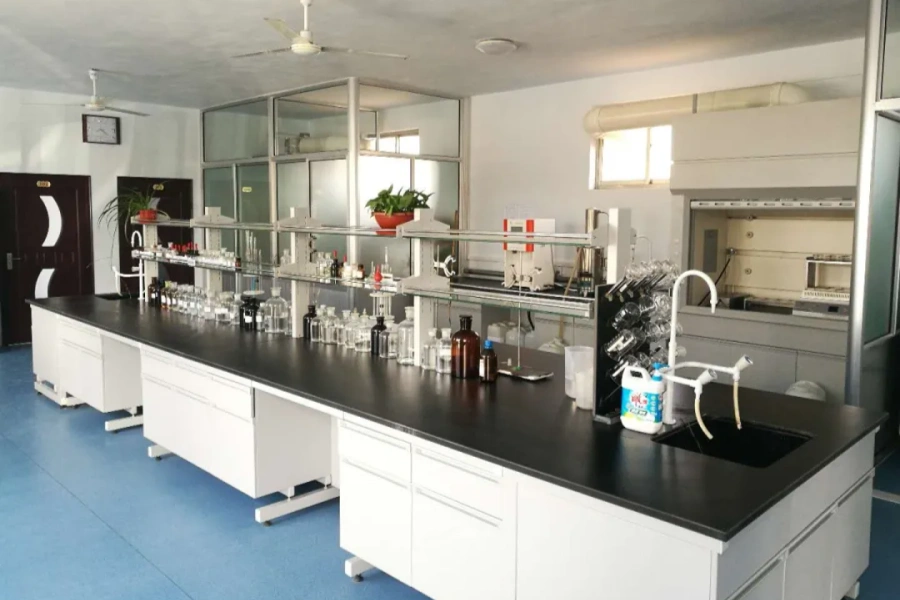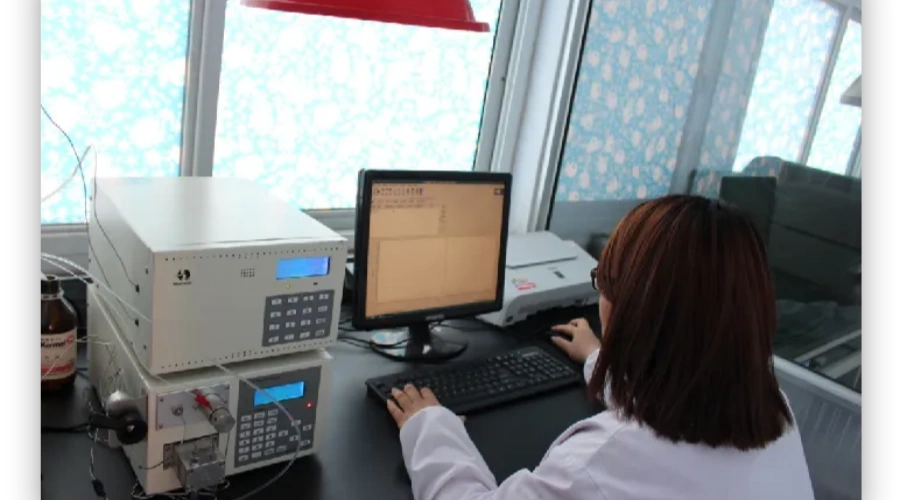The first-time laying period of laying hens is one of the most critical stages in the life of laying hens. During this period, the reproductive system of chickens develops rapidly and their weight continues to increase, but the feed intake of the flock has not reached the maximum. They face the dual pressure of increasing egg production rate and increasing egg weight. Egg-laying stress is the biggest stress in this stage. With the secretion of egg-laying hormones, the endocrine system of the body becomes disordered, and the phenomenon of laying soft-shelled eggs occurs from time to time. Today, I will sort out the reasons for this problem encountered on site and give you a brief analysis.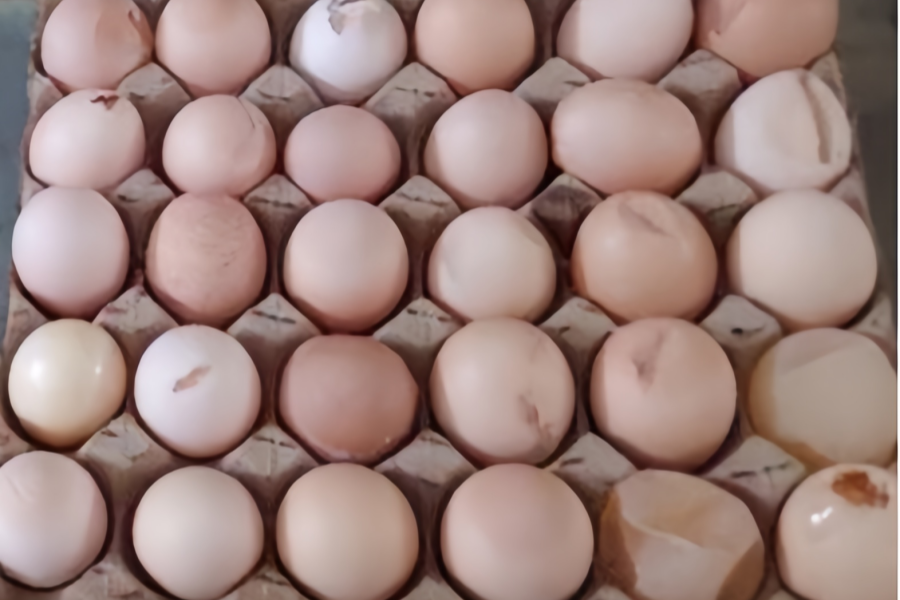 I. Cause Analysis1. Failure to add calcium in the first period of layingChickens need to take 4-5g of calcium from the body for each egg they lay. Some breeding friends only start adding stone powder/shell powder when they see eggs, resulting in insufficient blood calcium storage in the body in the early stage of egg laying, resulting in the production of soft-shelled eggs in the early stage of egg laying.2. Intestinal disease problemsDuring the egg-laying period, due to the greater compression of the birth canal, there are relatively more intestinal disease problems, such as necrotizing enteritis and coccidia infection, which cause damage to the intestinal wall, damage to the intestinal absorption function, low calcium and phosphorus absorption, and blood calcium and blood phosphorus concentrations that cannot meet the needs of eggshell formation, resulting in soft-shelled eggs in first-time laying hens.The main clinical symptoms of necrotizing enteritis are red or yellow feces. In severe cases, the detached intestinal wall can be seen in the feces. During the dissection, the main symptoms are the detachment of the intestinal wall mucosa, the thinning of the intestinal wall, and the brittleness of the intestinal wall. It is hoped that the majority of breeders will pay attention to the observation of the chicken feces, and take Chinese medicine for intestinal health care in time when intestinal problems are found.
I. Cause Analysis1. Failure to add calcium in the first period of layingChickens need to take 4-5g of calcium from the body for each egg they lay. Some breeding friends only start adding stone powder/shell powder when they see eggs, resulting in insufficient blood calcium storage in the body in the early stage of egg laying, resulting in the production of soft-shelled eggs in the early stage of egg laying.2. Intestinal disease problemsDuring the egg-laying period, due to the greater compression of the birth canal, there are relatively more intestinal disease problems, such as necrotizing enteritis and coccidia infection, which cause damage to the intestinal wall, damage to the intestinal absorption function, low calcium and phosphorus absorption, and blood calcium and blood phosphorus concentrations that cannot meet the needs of eggshell formation, resulting in soft-shelled eggs in first-time laying hens.The main clinical symptoms of necrotizing enteritis are red or yellow feces. In severe cases, the detached intestinal wall can be seen in the feces. During the dissection, the main symptoms are the detachment of the intestinal wall mucosa, the thinning of the intestinal wall, and the brittleness of the intestinal wall. It is hoped that the majority of breeders will pay attention to the observation of the chicken feces, and take Chinese medicine for intestinal health care in time when intestinal problems are found.
3. Variant Infectious DiseasesFirst-time laying hens gain weight quickly, the egg production rate increases rapidly, the egg production continues to increase, and the feed intake of chickens decreases, resulting in low immunity in the chickens. Some viruses will take advantage of the opportunity to enter, which is easy to cause variant infectious diseases. Compared with the classic strain, the chickens have been immunized with live vaccines 4 times and dead vaccines 1 time during the rearing period. They have strong resistance to the classic wild virus, but relatively weak resistance to the intestinal variant strain. The main clinical manifestation is a rapid decline in egg production. The egg production quality is normal at this stage, but soft-shelled eggs are prone to appear when the egg production rate rises. The reason is that the infectious strain causes damage to the intestines and oviducts, which greatly reduces the absorption function of the intestines and the secretion function of the oviduct.4. Mycotoxin contaminationDue to excessive humidity in summer, raw materials such as corn and soybean meal are easily damp and deteriorated, resulting in excessive levels of vomitoxin, zearalenone, and aflatoxin, causing reproductive tract dysfunction, ovarian function loss or degeneration, and thus causing chickens to lay soft-shelled eggs, egg production rate decline or stop production. Some chickens vomit water severely and have yellow-black loose feces due to toxins, so farmers should pay special attention to the appearance of the chickens, discover them in time, and deal with them in time.5. Use of low-quality premixSome manufacturers have quality stability problems with premixes. The premixes are left for too long, resulting in a lack of minerals and vitamins (mainly calcium or vitamin D3) in the feed, which can easily cause insufficient calcium content in the chickens, making it easy for first-time laying hens to lay soft-shelled eggs and thin-shelled eggs. Therefore, high-quality and stable premix products must be selected for laying hens during the reserve period and egg-laying period.II. Solution1. Add calcium in advance before laying to ensure blood calcium concentration. Dimension recommends adding stone powder to the feed when the laying hens are 90 days old, gradually transitioning from less to more. Add according to the egg production rate and the feces of the flock. When the egg production rate is 5%, it should reach 4%-6%. After that, the stone powder should be increased by 1% for every 10% increase in egg production. When the egg production rate reaches 50%, the addition amount can reach 8%. Be sure to pay attention to the speed of adding stone powder to avoid physiological diarrhea. 2. Laying hens have the characteristics of "one small, two large and three increased", and their stress resistance is poor. It is recommended to carry out intestinal and oviduct health care before laying, and it is also recommended to choose premix products with intestinal and oviduct nutritional factors. The Dimension EP series product package uses immune nutrition technology to enhance the body's immune function, relieve stress, promote healthy intestinal development, promote the morning peak of the laying period, and ensure the quality of eggshells.
2. Laying hens have the characteristics of "one small, two large and three increased", and their stress resistance is poor. It is recommended to carry out intestinal and oviduct health care before laying, and it is also recommended to choose premix products with intestinal and oviduct nutritional factors. The Dimension EP series product package uses immune nutrition technology to enhance the body's immune function, relieve stress, promote healthy intestinal development, promote the morning peak of the laying period, and ensure the quality of eggshells.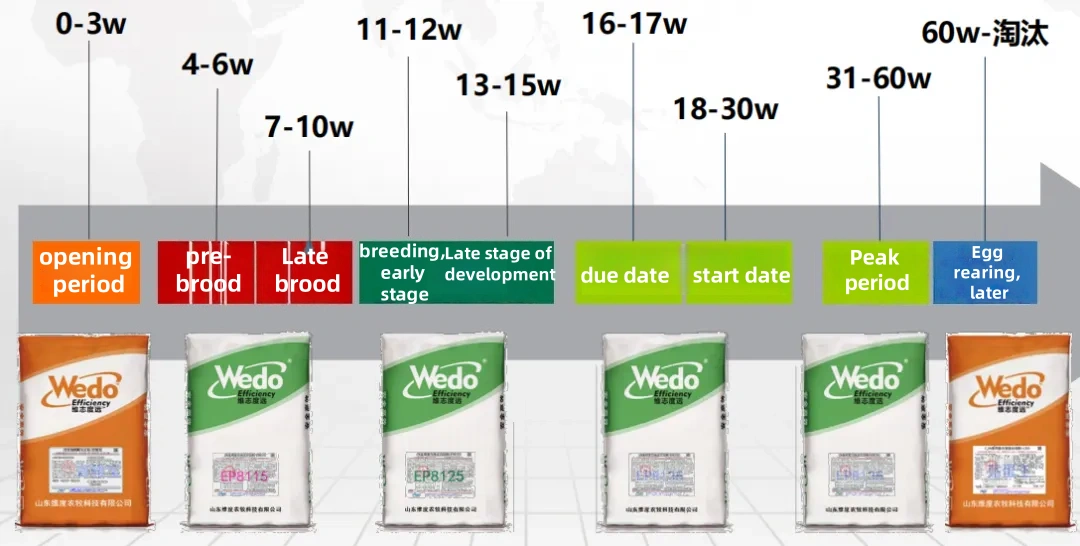
3. Vaccines for laying hens before laying. Try to choose vaccines from large domestic and foreign manufacturers, especially vaccines containing variants of infectious bacilli. For flocks with infectious bacilli, pay attention to the temperature difference in the house, reduce the stress of the flock, and focus on intestinal and oviduct health care. Some laying hens whose oviducts are damaged by infectious bacilli should be picked out in time to avoid feed waste, thereby reducing production costs.
4. Choose a premix brand with good reputation and stable quality, and always control the quality of raw materials, especially the mycotoxin content of corn, soybean meal, and bran, and regularly conduct sampling inspections of raw material toxins. Shandong Weidu Agriculture and Animal Husbandry Technology Co., Ltd. specializes in the production of vitamin premixes, trace element premixes, compound premixes and high-end egg-laying chick starter feeds. It strictly selects raw materials, has a complete quality control system and stable product quality. At the same time, Weidu Agriculture and Animal Husbandry Testing Platform is equipped with professional testing equipment and personnel, and can provide customers with a variety of testing services such as raw material nutritional indicators, mycotoxins, antibody levels, egg quality, etc.


